Sabrina Imbler is a writer and science journalist living in Brooklyn. Their first chapbook, Dyke (geology) was published by Black Lawrence Press. They have received fellowships and scholarships from the Asian American Writers’ Workshop, Tin House, the Jack Jones Literary Arts Retreat, Millay Arts, and Paragraph NY, and their work has been supported by the Café Royal Cultural Foundation. Their essays and reporting have appeared in various publications, including the New York Times, the Atlantic, Catapult, and Sierra, among others.
I had the opportunity to interview Sabrina, which you can read below.
First of all, welcome to Geeks OUT! Could you tell us a little about yourself?
I’m a cancer living in Brooklyn with my partner and our two cats, Melon and Sesame. I love gummy candy and having multiple beverages of different temperatures on hand at any moment.
What can you tell us about your latest project, How Far the Light Reaches A Life in Ten Sea Creatures? What inspired the book?
The summer after I graduated college, I moved to New York to intern at a magazine that paid me $10 an hour, so I also freelanced for an ocean nonprofit. I would scour Google News every week to find weird or surprising news about the ocean, which helped introduce me to many of the creatures in this book. But there was one headline in Reuters that I never forgot: “Octopus mom protects her eggs for an astonishing 4-1/2 years.” I read through the story, which described a deep-sea octopus at the bottom of the Pacific Ocean that guarded her eggs for four-and-a-half years without moving or eating anything. I was stunned, and I couldn’t stop thinking about her. I knew octopuses have an incredible, bodily intelligence that extends beyond the reaches of what our human brains can imagine. I knew octopuses could escape their tanks and unlock jars and hide themselves in coconuts. What was it like for such an animal to sit, unmoving and wasting away, for so many years?
The octopus had implanted herself into my mind, and I knew I wanted to write about her but wasn’t sure how. A few years later, I saw the online magazine called Catapult had opened submissions for columns. I pitched a column inspired by the octopus, where I would mix memoir and science writing to see what lessons I could draw from the ways sea creatures survive in the ocean. The first essay was about the mother octopus and my own mother, which I expanded for the book. All the creatures in the book have carved out space in my heart, the mother octopus is at its beating center, the creature whose life felt refracted from my own.
Many writers, including Hugh Ryan, have noted the historical and fictional connections between queer people and the water. What are your thoughts on this relationship and why queer people are drawn to the water?
I love Hugh’s exploration of queer Brooklyn navy yards and Coney Island performers in his book When Brooklyn Was Queer, and I am glad to be in a lineage of queer people finding ourselves in the ocean. I believe everyone has their own route in, but to me the ocean represents a place of possibility, where bodies move differently, where we sink and float, where we can be outside the prying eyes of society and with other queer community. And no one has a more wide-ranging, wonderful notion of sex than the animal kingdom.
Where did you each find your love for writing (and by association marine biology)? What specifically drew you to non-fiction?
As soon as I started reading, I knew I wanted to write. I always felt at home near the sea, and initially wanted to write about the ocean and sea creatures from a totally impartial perspective. But my experience of the world inflects all that I write, and so the most honest way to approach the subject became weaving my own story into that of the sea.
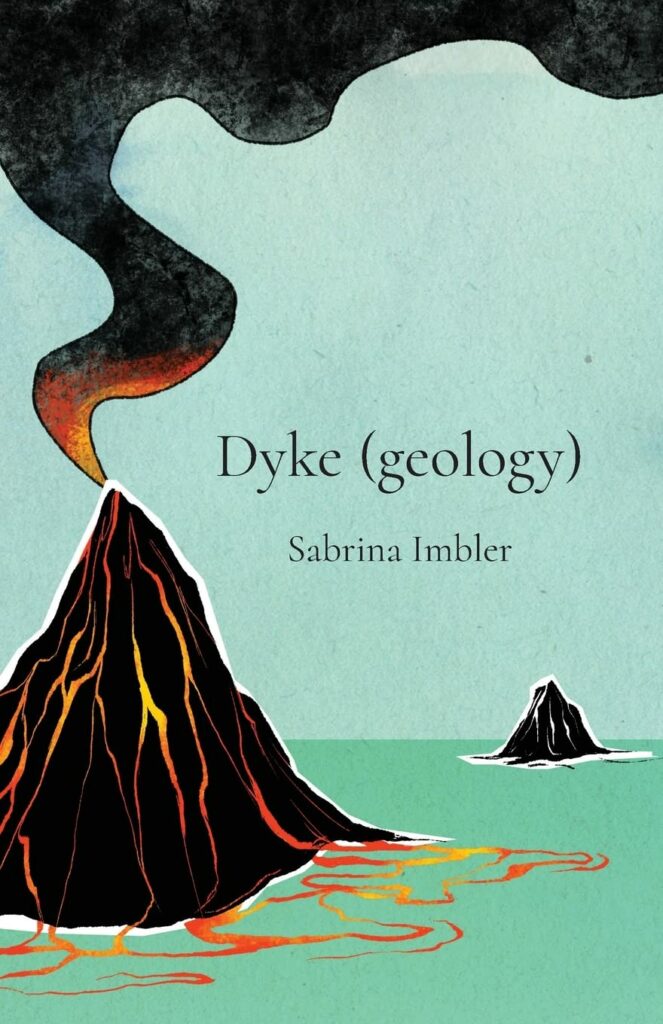
Growing up, were there any books or authors that touched you or inspired you as a creative/ or made you feel seen? Are there any like that now?
Like many other gay people, I grew up worshipping at the altar of Tamora Pierce. I dreamed of living in the young-adult kingdom of Tortall. All of Pierce’s young protagonists were role models for me, gender-bending people who shed off societal expectations to become the person of their dreams. There’s Alanna, the young girl who disguises herself as a boy to become a knight. There’s Kel, the girl who becomes a knight as a girl (thanks to Alanna’s trailblazing.) But my favorite of Pierce’s series in Tortall is “The Immortals,” starring a girl named Daine, who can speak to animals, briefly lived with wolves after bandits murdered her family, regularly communes with The Badger God, and also raises a dragon before it was cool. Daine is my number one, and Pierce’s books were probably the reason I wanted to become a writer. I remember sometime when I was in elementary, Tamora came to my local bookstore to sign some books and I brought my heavily dog-eared copies in a sizeable stack, and she was kind enough to sign every single one.
What inspires you today?
The sea, invertebrate animals of all kinds, my cats, my friends, my partner, trans people, local bookstores, the orcas sinking yachts in Spain.
How would you describe your writing process?
I write slowly and need to put everything on the page before I can understand the shape of an essay.
What are some of your favorite things about writing? What do you find to be some of the most difficult/frustrating?
I love when I have no idea where a piece will go until I’ve finished a draft, and my conclusion is actually the beginning of the piece. I find it very difficult to motivate myself to write outside of my day job, which is also writing.
What’s a question you haven’t been asked yet but wish you were asked (as well as the answer to that question)?
If I could go back in time to any period, I would go to the Cambrian Period and snorkel.
Besides your work, what are some things you would want readers to know about you?
I believe in unions, in community organizing, in gender-affirming healthcare for all.
What advice might you have to give to other aspiring writers?
Write to your own community and let everyone else catch up; never compromise the nuances of the story you want to tell for some imagined general audience. The work will always be strongest when you write something you’d want your friends to read.
Are there other projects you are working on and at liberty to discuss?
I’m focusing on rest and personal growth right now, but I’m thinking about another book about bugs!
Finally, what LGBTQ+ books/authors would you recommend to the readers of Geeks OUT?
Boys Weekend by Mattie Lubchansky and Undrowned: Black Feminist Lessons from Marine Mammals by Alexis Pauline Gumbs.

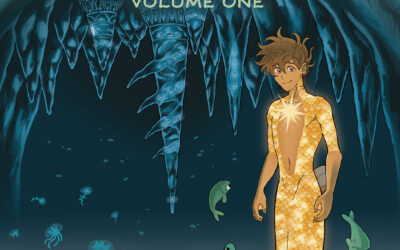
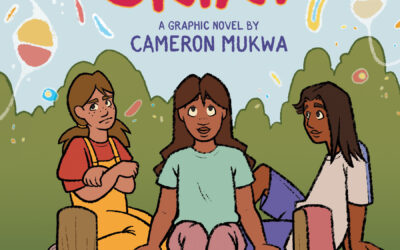
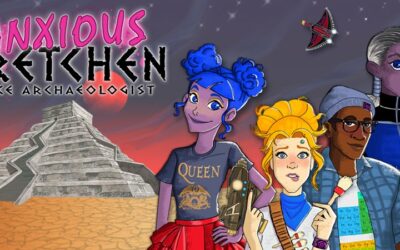
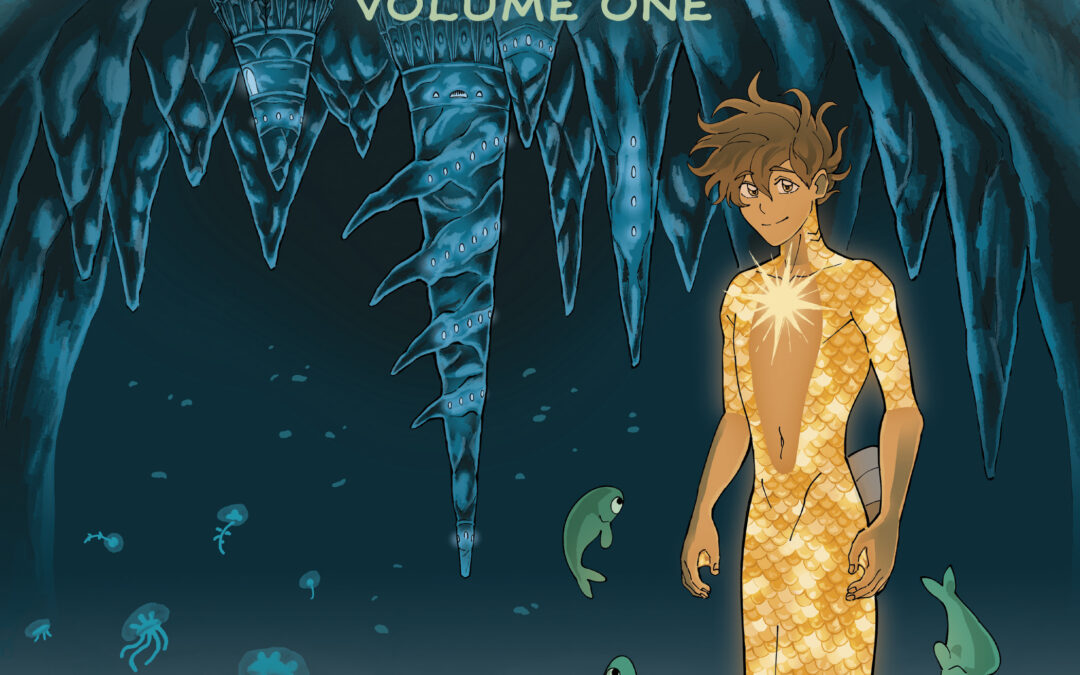
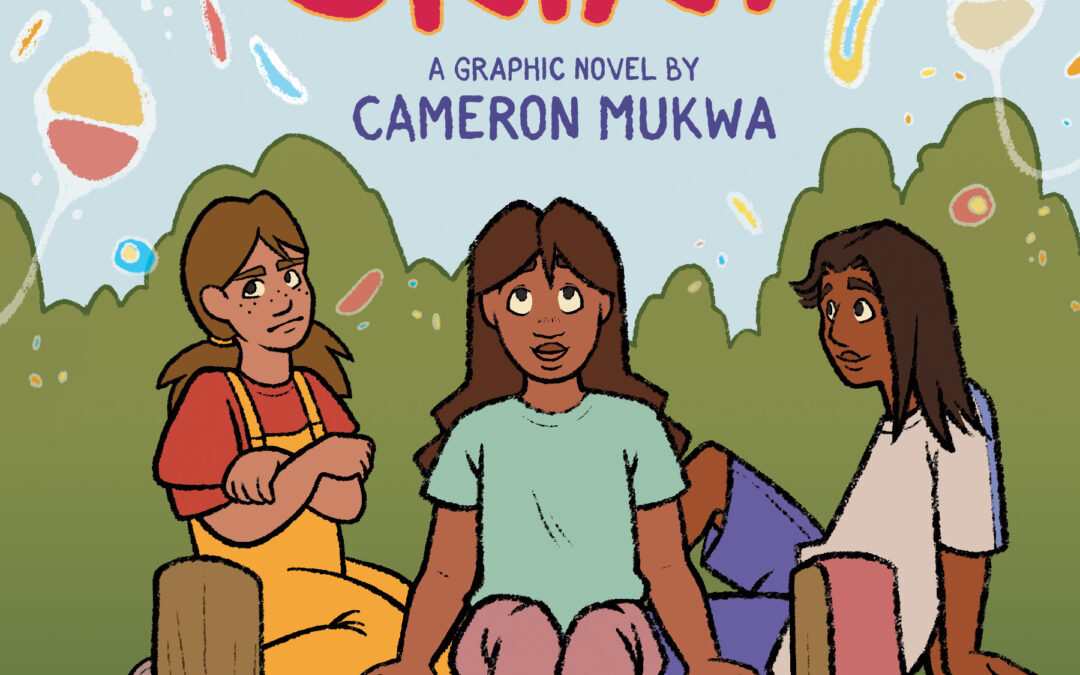
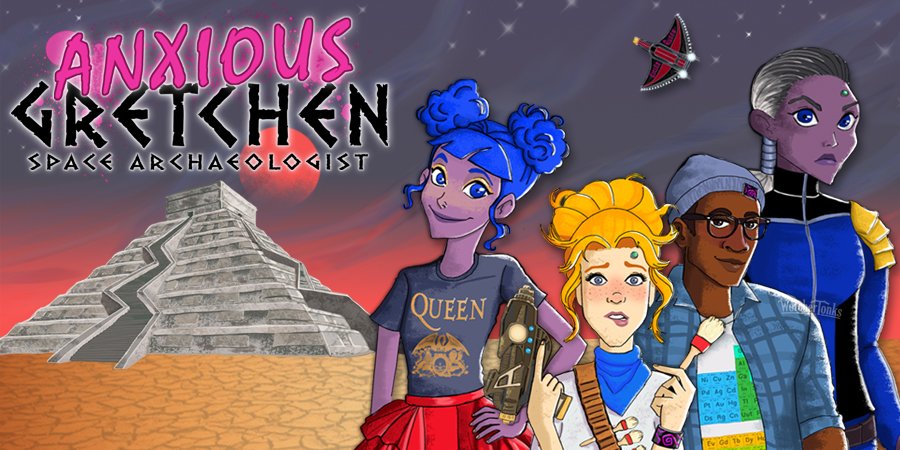
0 Comments